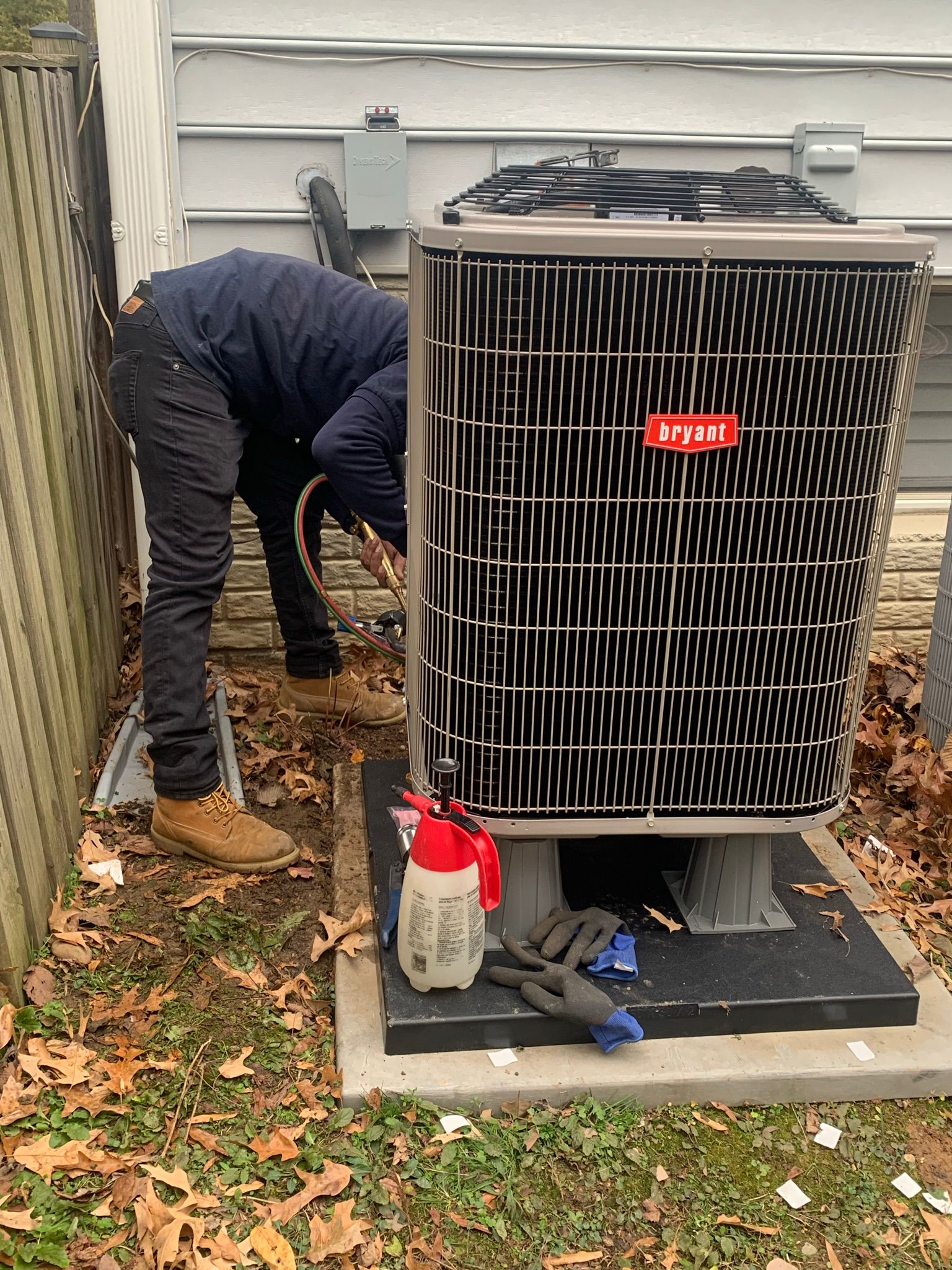
Climate change is no longer a distant concern it’s here and reshaping the way we live, work, and manage our homes. From hotter summers to colder winters and unpredictable weather patterns, one of the areas most impacted is our heating, ventilation, and air conditioning systems. For both residential and commercial property owners, understanding how climate change is influencing HVAC load demands is critical to staying comfortable and managing energy costs effectively.
What Do We Mean by HVAC Load Demands?
HVAC load demand refers to the amount of heating or cooling a system must deliver to maintain indoor comfort. Traditionally, contractors have relied on historical climate data to determine system sizing and installation needs. However, with weather becoming less predictable, HVAC systems are working harder sometimes under conditions they were not originally designed to handle.
For instance, in Bethesda, MD, summers are getting hotter, placing increased demand on air conditioning systems. At the same time, colder winter snaps require heating systems to perform efficiently without overworking. These shifting patterns are forcing HVAC contractors in Bethesda to rethink strategies for installation, maintenance, and long-term system performance.
The Impact of Rising Temperatures
One of the most visible effects of climate change is rising summer temperatures. Even a small increase in average temperature places considerable stress on cooling systems. Homeowners and businesses are running air conditioners for longer hours, which not only increases energy bills but also accelerates wear and tear.
For HVAC contractors in Bethesda, MD, this means re-evaluating system recommendations. Air conditioners may need to be upsized slightly, or high-efficiency models with better Seasonal Energy Efficiency Ratio (SEER) ratings might be recommended to handle the higher cooling loads.
Additionally, the increased use of cooling systems highlights the importance of preventative maintenance. Dirty coils, clogged filters, or low refrigerant levels can all cause an AC to struggle in extreme heat, leading to higher repair costs and reduced system lifespan.
Cold Snaps and Heating Demands
While average temperatures are trending upward, climate change also brings periods of extreme cold. These sudden drops can strain heating systems, especially older furnaces or heat pumps not designed for such variability.
For property owners in Bethesda, this creates a unique challenge: ensuring their HVAC system is prepared for both prolonged cooling loads and intense heating demands. Contractors must often recommend dual systems or hybrid solutions, such as combining a heat pump with a high-efficiency furnace, to ensure comfort year-round.
Increased Humidity and Indoor Air Quality
Beyond temperature, humidity levels are also shifting. Warmer air holds more moisture, which means homes and offices are experiencing higher humidity during hot months. High humidity can lead to mold growth, poor indoor air quality, and discomfort even when the air conditioner is running.
HVAC contractors are responding by integrating whole-home dehumidifiers and advanced ventilation systems. This not only helps with comfort but also protects the building structure and improves health outcomes for occupants.
Energy Efficiency and Sustainability Pressures
As systems are forced to work harder, energy use rises. This contributes to higher utility bills and increased carbon emissions, creating a feedback loop that further impacts climate change. In response, many homeowners and businesses are turning to energy-efficient solutions, such as variable-speed compressors, smart thermostats, and zoning systems.
For HVAC contractors in Bethesda, MD, staying ahead of these trends is essential. Customers want solutions that not only keep them comfortable but also align with sustainability goals and help lower energy costs over the long term.
Planning for the Future
Climate change is reshaping the HVAC industry in profound ways. For Bethesda residents, planning ahead is the best defense. Scheduling routine maintenance, upgrading to energy-efficient systems, and consulting experienced contractors ensures HVAC systems are prepared for the demands of an unpredictable climate.
For contractors, it also means keeping pace with evolving technology. Systems designed 10 or 15 years ago may no longer meet the needs of today’s homes. By embracing smart technology, renewable energy integration, and advanced load calculations, HVAC professionals can deliver solutions that adapt to the changing climate.
Final Thoughts
The effects of climate change on HVAC load demands are undeniable. With longer summers, colder winters, and fluctuating humidity levels, property owners need systems that are durable, efficient, and adaptable. Working with experienced HVAC contractors in Bethesda, MD is the key to making the right choices for both comfort and long-term savings.
At the end of the day, climate change presents challenges, but also opportunities to rethink how we heat and cool our spaces. With the right strategies in place, homeowners can stay comfortable and energy-efficient, no matter what the forecast brings.
For reliable service, professional insight, and future-ready solutions, trust AVS Heating and Air Conditioning your local partner in creating comfort for every season.

